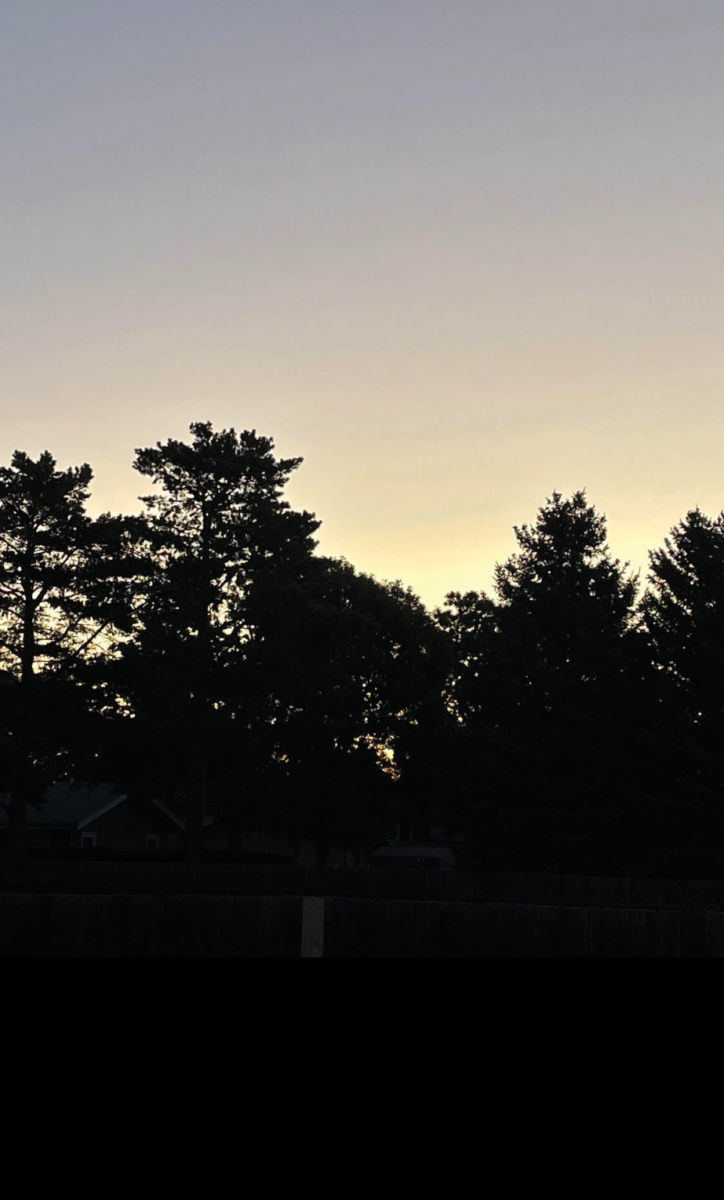The consequences of the psyche are plentiful and have been backed by studies in what other effects it has. During the start of winter, earlier sunsets shift people’s sleeping patterns and heavily impacts the structure of daily life.
According to Harvard Health, things like heightened insomnia, increased heart problems due to lack of sleep, intensified mood swings, and increased vehicular collisions are caused by the time change. These reasons can all be chopped down to lack of sleep and a change in people’s regular schedules. Daylight savings can also bring some good. It ends in the spring, bringing later sunsets and a fresh breath of the new season, almost like an exhale of all the energy kept through the cold season.
According to Stanford health, daylight savings time shows a daily decrease in energy consumption, dropping 0.5% which shows more significantly in the evening as there is less need for electricity when the sun sets later.
It is also found in studies that there is a decrease in crime rate with a 7% drop of robberies following the shift to DST. Even with the change of moods and the feeling of winter dragging on because of a seemingly eternal night, there is good in daylight savings being a daylight savior.







